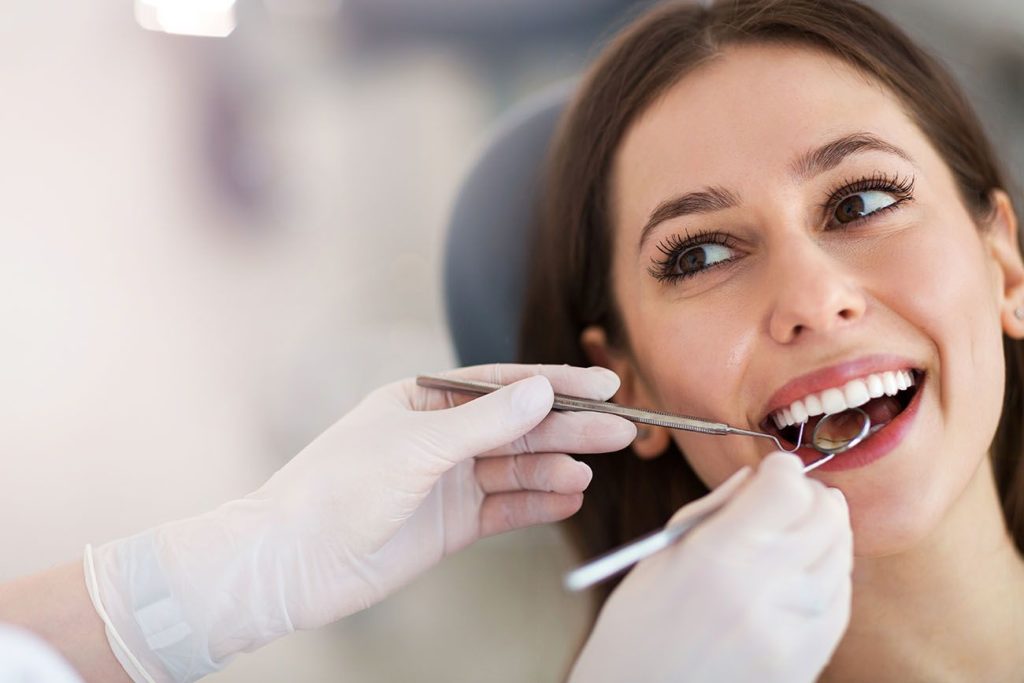Most people will experience a cavity at some point in their lives. A dentist can treat this early form of tooth decay with relative ease, but it still leaves lasting damage to your dental structure. If decay worsens, bacteria will eat away at your teeth and cause even more severe harm to your smile.
Good oral hygiene habits can keep tooth decay at bay. But your other habits could put you at risk for decay even with this diligent care. Read on to learn about three behaviors that could increase your chances of developing tooth decay.

What Increases My Risk for Tooth Decay?
Consuming Sugary or Acidic Foods
Tooth decay forms when oral bacteria penetrate weak spots in the tooth enamel to eat away at your dental structure. You can increase your risk of decay when you participate in actions that erode or wear down your enamel, the outer layer of the tooth. Consuming acidic foods and drinks, like citrus fruits and juices, will do this.
When sugar reacts with saliva, it will become acidic and can then also erode your enamel. To preserve your dental structure and reduce your chances of forming tooth decay, dentists ask their patients to limit the amount of sugary and acidic items they eat.
Changes to your diet may seem annoying, but they can prevent severe and irreversible harm from affecting your smile in the long run. A dentist can treat a cavity, but ideally, you should preserve as much of your natural smile as you can.
Using Tobacco
Smoking, chewing, or otherwise using tobacco products will introduce toxins to the body that can lead to many health issues. This risk extends to dental problems like tooth decay too. Nicotine from tobacco will decrease saliva production, which may leave you with dry mouth.
A dry oral environment will allow the natural bacteria in the mouth to spread with ease across your teeth. Then the bacteria can better access weak spots in your smile to create decay. If you avoid dry mouth and the habits that cause it, like smoking, then you can lower this risk of tooth decay.
Grinding Your Teeth
Grinding and clenching your teeth, a habit known as bruxism, might seem like an annoying habit. But it may also seriously damage your teeth. The grating of teeth against each other can wear down and weaken the tooth enamel. Then bacteria may more easily reach the teeth, causing decay.
Bruxism may occur for several reasons. Heightened stress may exacerbate this behavior. You can cut this stress with activities that may reduce tension throughout the body, therefore limiting this harmful action too.
Some patients can benefit from wearing a night guard that can cushion teeth against grinding that may occur without their notice as they sleep. Bruxism can also happen if a patient has bite problems. A dentist can evaluate a patient’s smile, pinpoint the cause of the behavior, and treat the issue to resolve chronic teeth grinding.
